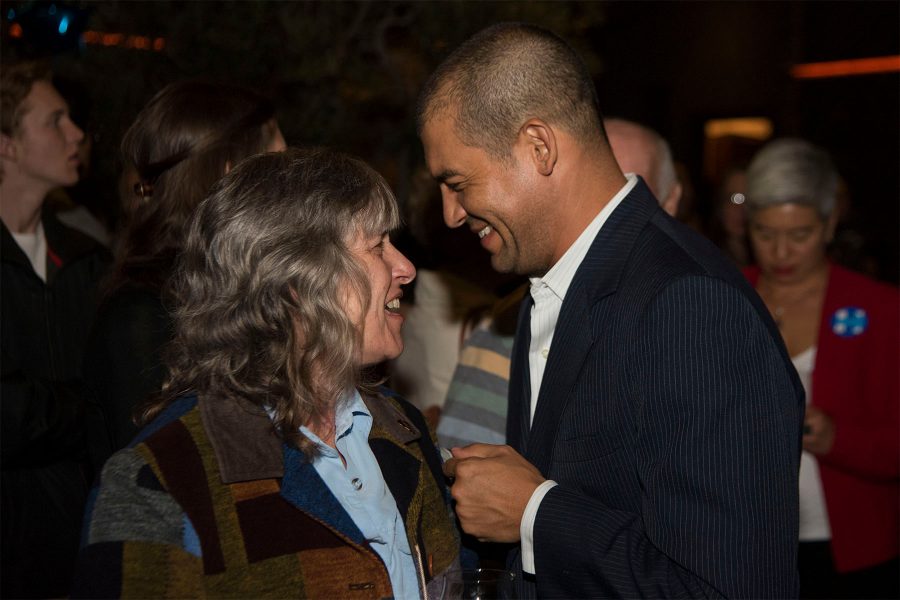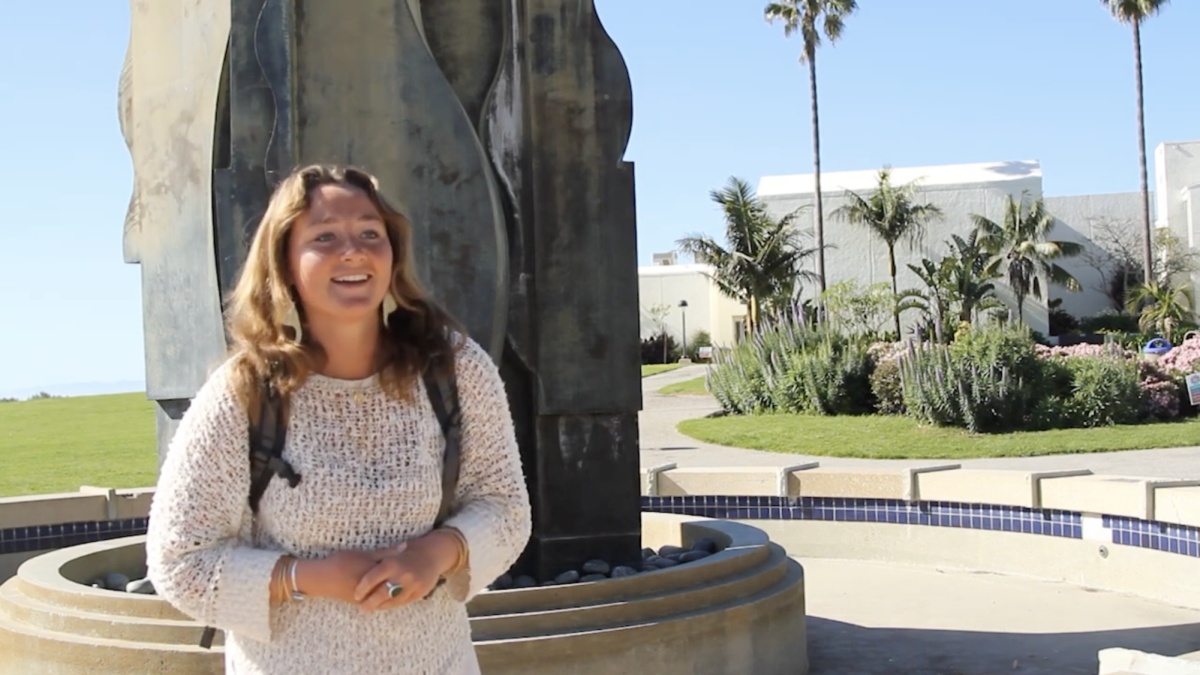The discussion of sexual assault on college campuses is an aggressive topic in news and politics right now.
According to the Higher Education Center for Alcohol and Other Drug Prevention, “rape is the most violent crime committed on college campuses.”
Many organizations and groups are attempting to educate the public as well as students about the new Senate Bill 967, also known as the “yes means yes” bill.
SB 967 is a new piece of legislation written by Das Williams, a Democratic Assembly member, that requires a student convicted of sexual assault to be further punished by their college such as requiring that their college transcripts note their offense.
Knowing this, it is very discouraging to learn about a retiring Isla Vista cop who essentially placed the blame onto rape victims for being too intoxicated. All the while, politicians and organizations are pushing to create a safer environment for college students affected by sexual assault.
Mark Ward retired after 27 years from his position as Isla Vista Foot Patrol Deputy this spring. During an interview with Kelsey Brugger for the Santa Barbara Independent, Ward was asked, “What can be done to prevent sexual assault in college communities?”
His response, however diplomatic, was shocking to hear.
“It’s not the best thing for your personal safety to go out and get so blind drunk you literally can’t speak your native language,” Ward replied.
While he retracted by explaining he understood that men don’t have to worry about sexual assault in the same ways that women may have to, Ward concluded that no matter what gender, “it’s dangerous to put yourself in that position.”
On one hand, Ward has a point. No matter what sex, going out and getting intoxicated should come with responsible decision-making, although those two don’t often play well. Attempting to construct a safety net of friends can help ensure everyone’s welfare.
However, one of the most glaring problems with sexual assault on campus is that according to the National Sexual Violence Resource Center, nine in 10 college women that are victims of rape and assault knew their offender.
Clearly, the blame cannot be placed onto the victim, especially when most sexual assault victims trusted their attacker.
Emilie Buchwald, author of “Transforming a Rape Culture,” described rape culture as “a complex set of beliefs that encourage male sexual aggression and supports violence against women. It is a society where violence is seen as sexy and sexuality as violent.”
Rape culture is perpetuated when the victim of sexual assault is blamed for the actions of the assailant.
Women in college are understood to be very vulnerable to sexual assault, and because it is understood that most victims knew their attackers prior, that should be enough of an indicator to stop blaming the victim and to start changing the culture.














